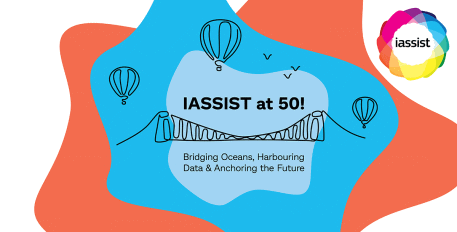INSEE and CASD continue to prioritize their commitment to allow research to fully benefit from the potential offered by the new national and European legal frameworks.
For almost 3 years, INSEE and CASD have been working on improving the conditions for performing data matching, a potential source of great wealth for the analysis of social phenomena and the evaluation of public policies, whether for public statistics or scientific research.
An article in the 2016 Law on the Digital Republic, strongly supported by Axelle LEMAIRE, Secretary of State in charge of Digitalization at that time, made it possible to simplify the legal procedure for making matches.
Recently, on this subject, the new European regulation on data protection (GDPR) and the ongoing adaptation of the Data Protection Act confirm this desire to promote the possibility of making matches, following high security standards.
This simplification has become possible due to increased security requirements, in particular encrypting the NIR (Directory Registration Number or Social Security Number) and involving trusted third parties in the organizational process. The first trusted third party must encrypt the NIR (with the possibility to consult the directory in order to revert back to the NIR, if necessary).
The second trusted third party must perform the matching (without the identifying data) and make the results file available under very strict security conditions. CASD offers to provide this second trusted third party function and is currently looking to find an organization that has or may have access to the directory and agrees to take over the function of the first trusted third party.
Practical conditions should gradually be put in place to allow the filing of research projects that many researchers cited during the impact study conducted during the discussions on the draft law.
Acting as genuine fuel to encourage and motivate this implementation, these projects mentioned in the impact study (such as the analysis of the links between salary income and replacement income, or the evaluation of reforms such as that of vocational training) along with other projects can begin to be specified further.





